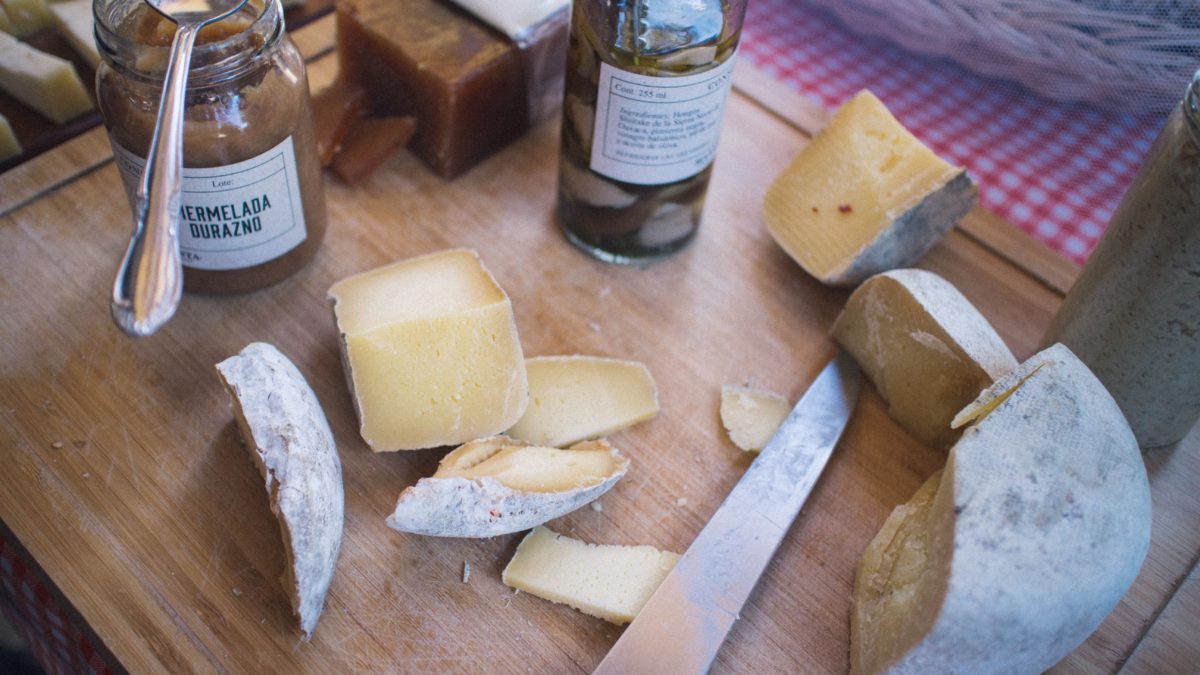Foods to avoid in pregnancy

When you are pregnant there is so much change happening. There is the physical changes to your body as your baby grows as well as the preparation for the new arrival.
Every pregnant lady tries to eat well, sleep well, exercise and do all the things that will aid a good pregnancy and the growth of the baby.
Added to the what may feel like often mountain of information and things to do or be alert for there is the element of what foods to not eat or to avoid if possible.
Some foods are to be avoided in pregnancy as they are not considered safe and pose risks to your developing baby.
Certain foods have been identified as more potentially harmful than others and have even been linked to causing miscarriages and other health related issues.
Wash salad ingredients well just before making and eating salads, store any leftover salads in fridge and use within a day of preparation.
Wash fruit and vegetables just before eating raw or wash before cooking.
If you are going to eat leftovers ensure that you store the leftovers covered in the fridge. They need to be eaten within a day and always reheat to at least 60oC.
Foods to avoid are listed for a range of reasons. You will find that in most cases there is a higher risk those foods may contain harmful bacteria such as listeria or salmonella and not considered safe to consume.
Foods to avoid
- Soft or semi soft cheese.
- Cold cooked chicken.
- Cold pressed/processed meats such as ham, chicken meat, turkey, salami.
- Prepared/pre-packaged salads including fruit salad.
- Raw seafood. This includes ready to eat chilled peeled prawns.
- Soft serve ice-cream.
- Pate.
- Unpasteurized dairy food.
- High mercury content fish.
- Rockmelon.
- Store bought sushi.
- Bean sprouts not to be eaten raw or lightly cooked.
- Don’t eat chicken stuffing unless cooked separately and eaten hot.
Foods to limit or what to do to eat safely
| Foods to think about | Type of food | Need to know |
|---|---|---|
| Poultry | Hot take- away chicken | Freshly cooked and eaten straight away is OK.
Store leftovers in fridge to reheat to at least 60oC and use within a day of cooking |
| Home cooked | Ensure cooked thoroughly to at least 74oC. Eat straight away while hot.
Store any leftovers in fridge to reheat to at least 60oC and use within a day of cooking |
| Fish and seafood | Cooked at home | Cook thoroughly to at least 63oC and eat while hot.
Store leftovers in the fridge to reheat to at least 60oC and use within a day of cooking |
| Sushi | Home made | Don’t use raw meat or seafood.
Once made eat immediately |
| Cheese | Processed cheese, cheese spreads, cottage cheese, cream cheese etc. | Store in the fridge, eat within two days of opening pack |
| Eggs | Cooked egg dishes such as fried eggs, scrambled eggs, quiche | Cook thoroughly to at least 71oC.
Don’t use cracked or dirty eggs |






